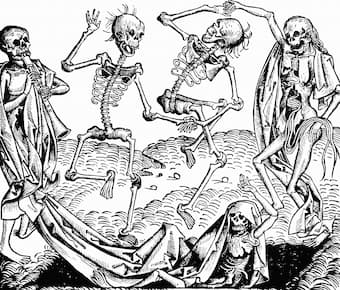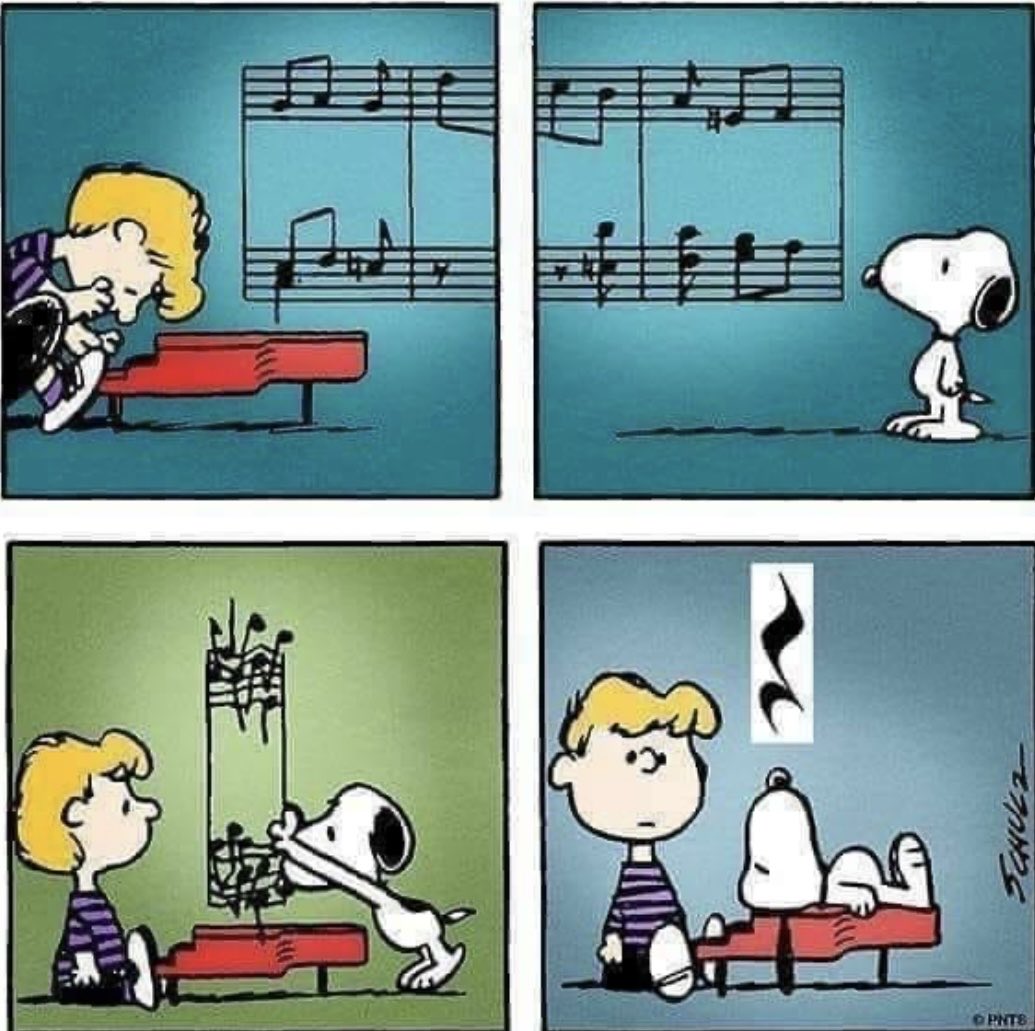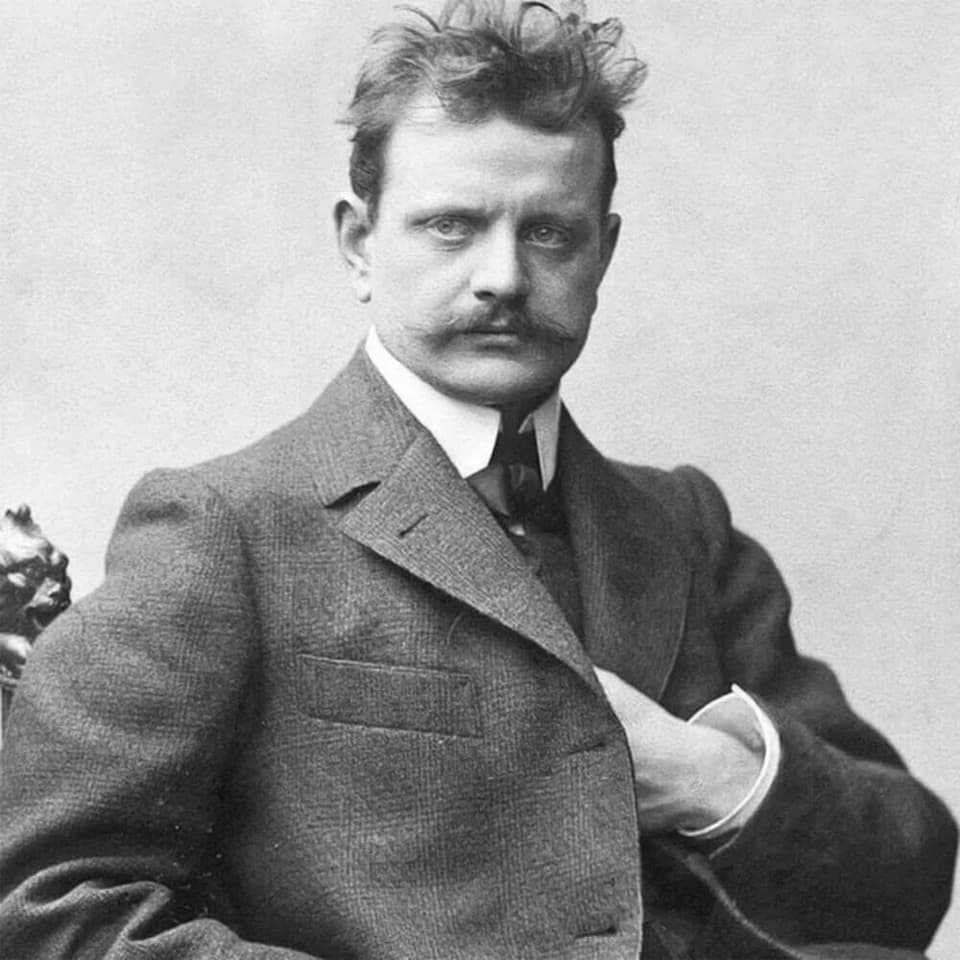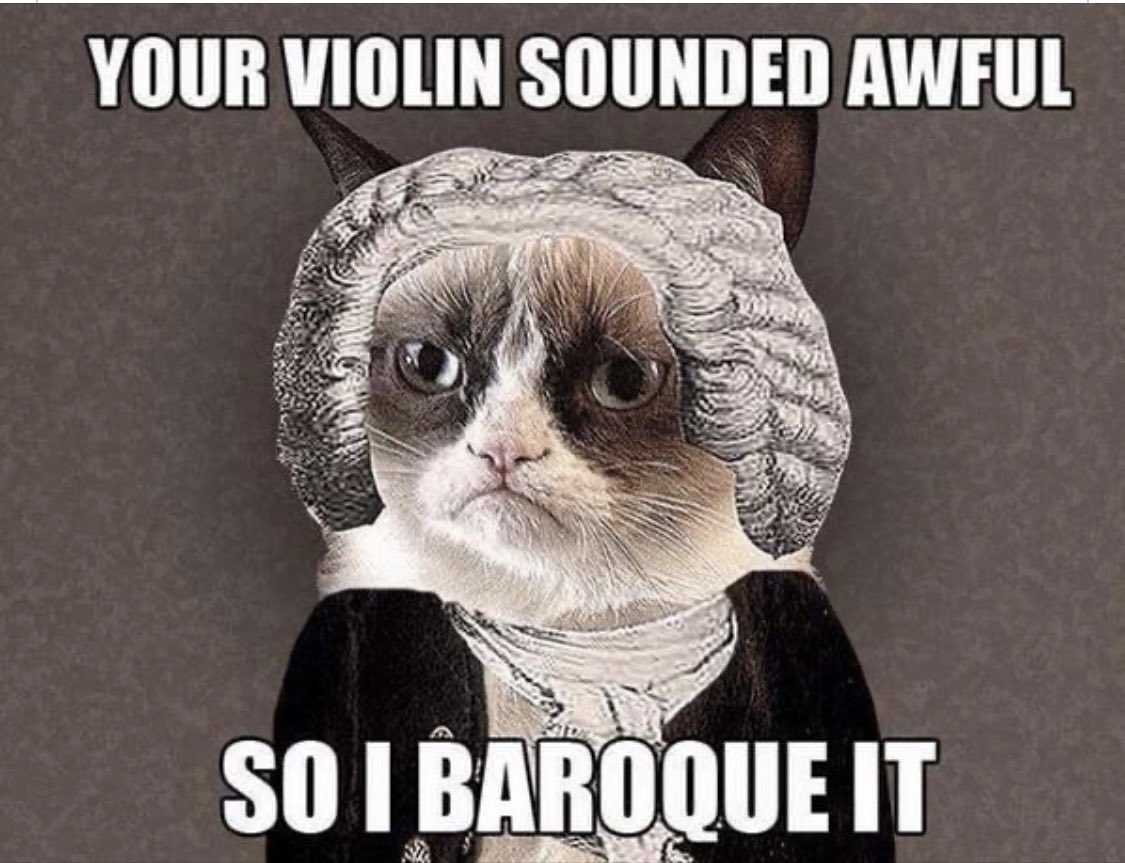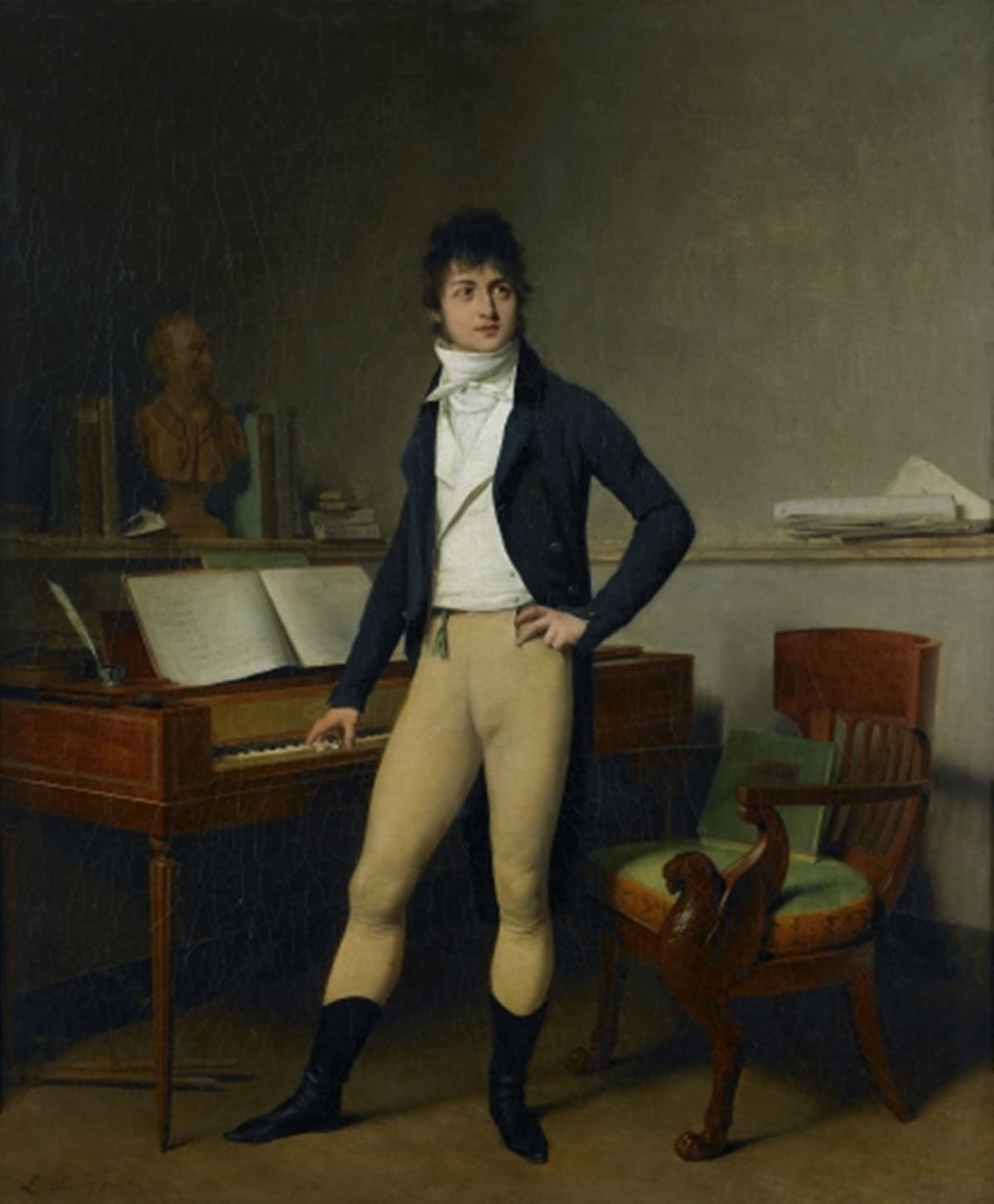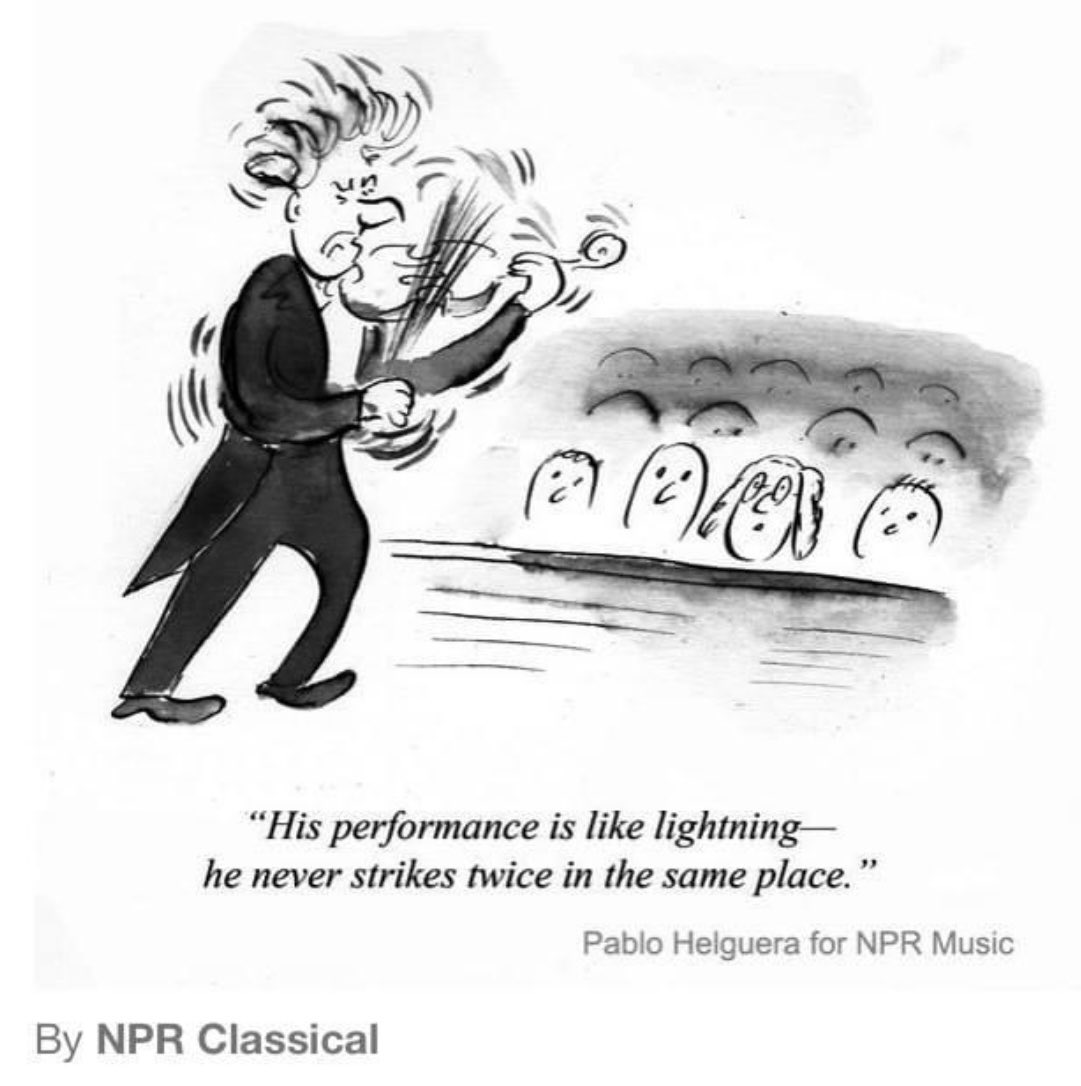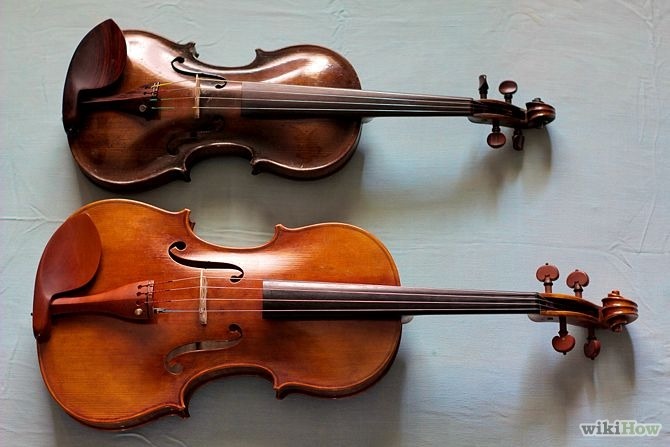For centuries, composers have been writing classical music about death. In fact, death and dying have inspired some of the saddest works of classical music ever written. Today we’re looking at the stories behind fifteen pieces of classical music about
Explore
Composer Jean Sibelius was born in 1865 in the city of Hämeenlinna, Finland. He went on to become the greatest composer that Finland ever produced. Here are a few facts about his life and music: Sibelius was famous for how
Rain, rain, everywhere…but not always where you need it. Rain can be a gentle shower or just a patter on the sidewalk, or a torrential downburst, saturating everything with WET. Let’s look at how composers depict rain. Cloudburst by American
Composers have been writing duets for violin and viola for generations. Today, we’re sharing some of our favorite examples from the genre. From the classical elegance of Haydn and Mozart, to the rich Romanticism of composers like Spohr and Kalliwoda,

